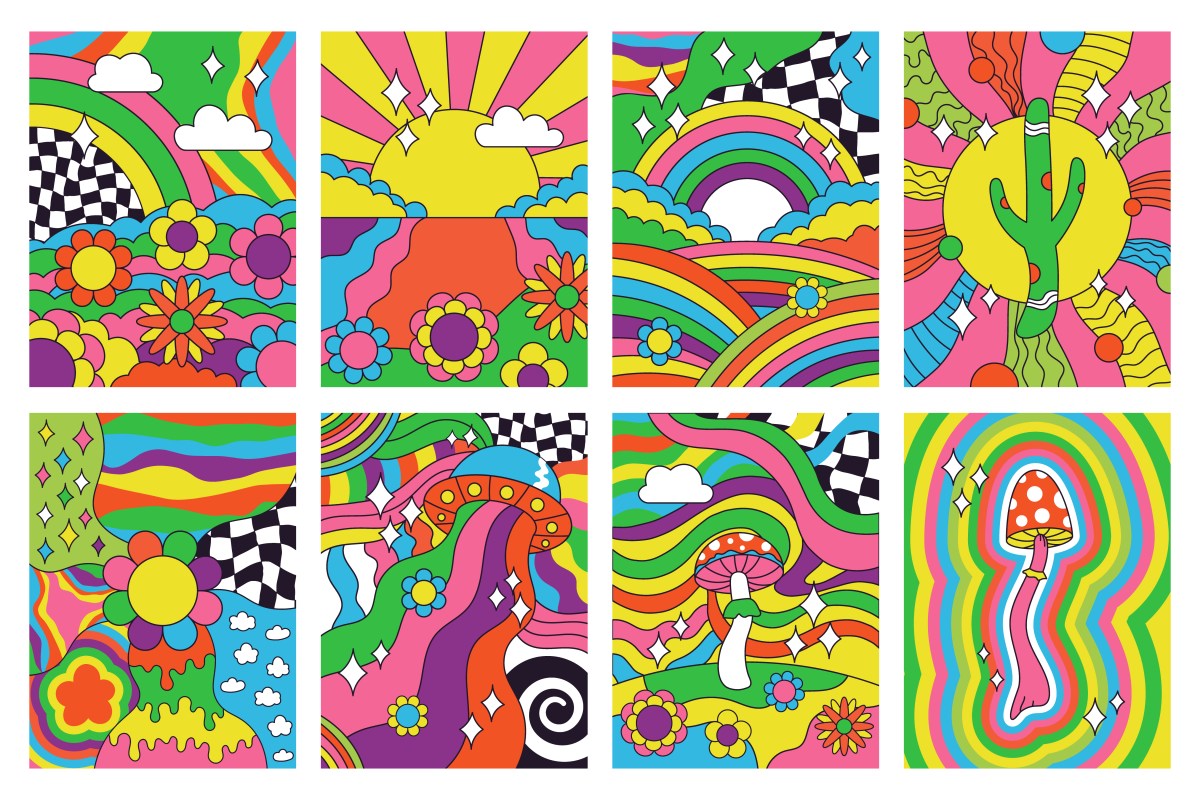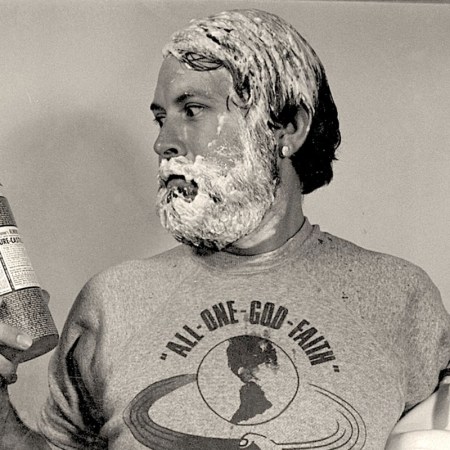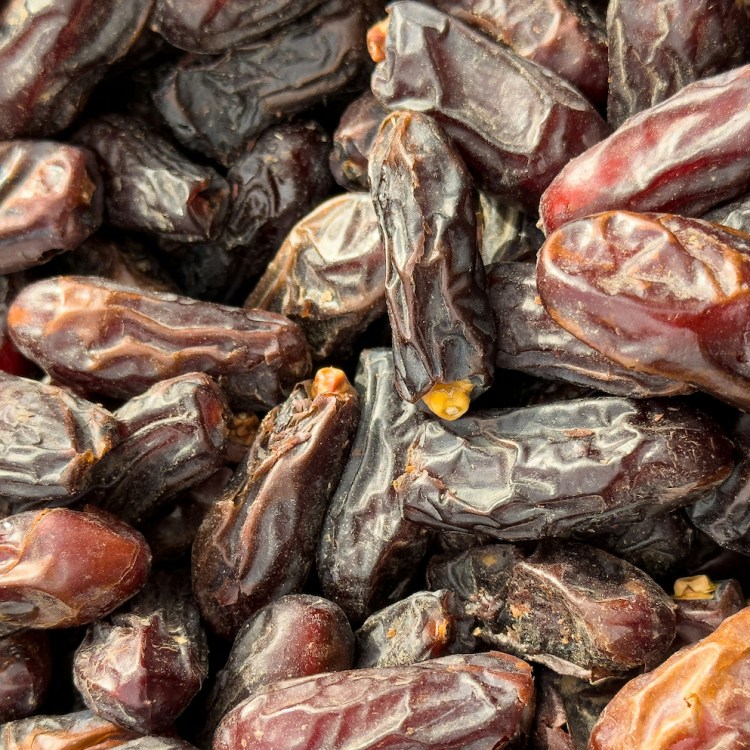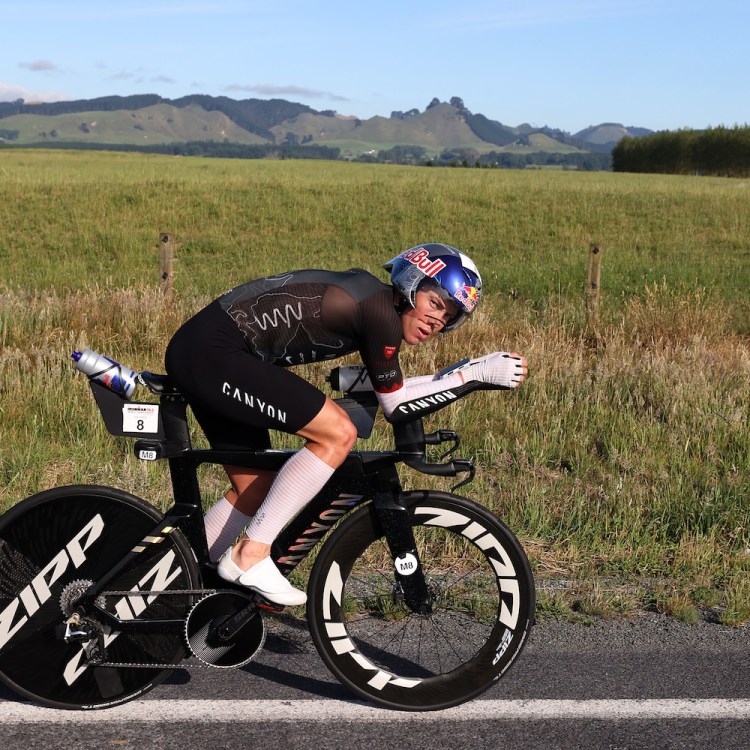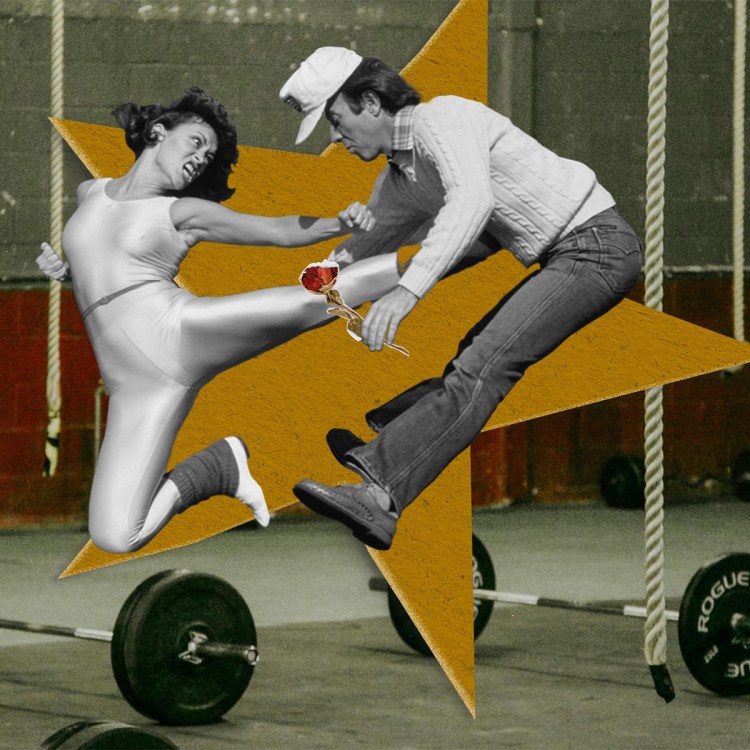“Neuroplasticity” has become a buzzy term in longevity circles over the last few years.
Defined most simply as the nervous system’s ability to reorganize itself in response to stimuli, it’s a rare commodity among seniors, whose cognitive circuitry tends to stagnate and wither away, ushering in the loss of memory and motor skills.
Aging adults are now advised to pursue various activities in the name of fostering neuroplasticity: walking, reading, puzzles, music, language, trivia, phone calls, etc. And it’s true — these are all worthy, potentially life-extending pursuits. (Or at the very least, capable of staving off dementia.)
But the buzz around neuroplasticity has inevitably found its way to younger and more experimental demographics, which are eager to stretch out or “reboot” the brain in the name of creativity, repose and transformation.
The science is technically sound: Drugs like ayahuasca, ecstasy, LSD, psilocybin and ketamine do put subjects in a neuroplastic state, restructuring neural pathways and encouraging a brand of inventive thinking that’s hard to come by.
There’s a deeper question, though: How essential is transformative re-circuitry for the brain? Could it leave certain people (especially those who’ve suffered serious trauma, which, uncomfortably, is the main consumer-base commercialized psychedelic-assisted therapy is currently courting) susceptible to damage?
Meet the Students, Parents and Retirees Who Started Microdosing During the Pandemic
From staving off addiction to improving marriages, psychedelic therapy is attracting new demographics thanks to its many use casesHere’s an interesting way of thinking about neuroplasticity, courtesy of Dr. Richard A. Friedman, a professor of clinical psychiatry at Weill Cornell Medical College, who recently penned an essay for The Atlantic:
“We have all experienced heightened neuroplasticity during the so-called sensitive periods of brain development, which typically unfold between the ages of 1 and 4 when the brain is uniquely responsive to environmental input. This helps explain why kids effortlessly learn all kinds of things, like how to ski or speak a new language…[Conversely,] if you have the misfortune of being neglected or abused during your brain’s sensitive periods, the effects are likely to be adverse and enduring — probably more so than if the same events happened later in life.”
TL;DR: in childhood, neuroplasticity is a superpower. It foments an incredibly impressionable state, whereby tots can gather skills, ideas and values that will inform their personhood for decades to come. No wonder we long for that state as we age, as our sense of self feels lame and set in stone.
But as neuroplasticity opens the gates to our brains, we might be more susceptible to painful, triggering memories. There are some gonzo literary giants, surely, who would gleefully accept an onslaught of trauma for extra creativity (they’d make out like bandits in that trade). But for the average person, reading testimonial after testimonial about how a 3.5-gram dose of psilocybin offers “a new lease on life,” know that it’s probably not that simple.
That doesn’t mean you should avoid psychedelics. Just make sure to level-set your expectations, with respect to your background, before you take the plunge. As states continue to legalize psychedelic drugs, proceed cautiously. Until we know more about what we’re dealing with, these trips (however small or trifling) are best taken with a licensed guide.
As for neuroplasticity, sure, it’s amazing to learn to play the guitar in your 60s. But take solace: every day you get older is technically the most difficult time for you to have ever learned how to play the guitar. Don’t forget to treasure the skills and knowledge you do have.
The Charge will help you move better, think clearer and stay in the game longer. Subscribe to our wellness newsletter today.
